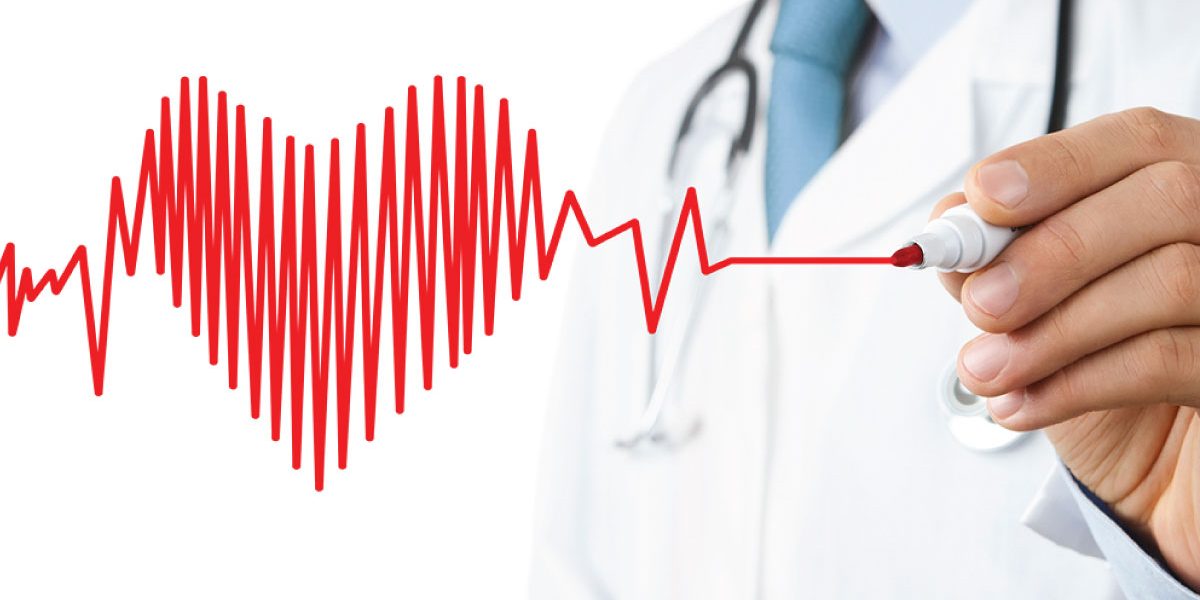Our regular heartbeat is created by electrical impulses occurring at regular intervals in the heart which helps move blood around the body thus fulfilling the primary function of the heart. Arrhythmia occurs when the heart’s electrical system goes awry causing the heart to beat irregularly. Among these are fast heart rhythm disorders, classified as Supraventricular Tachycardia and Ventricular Tachycardia.
Dr. Asunga Dunuwille Consultant Cardiac Electrophysiologist & Cardiologist at Durdans Hospital says, “Electrophysiology studies help find where the heart’s electrical system is damaged. A thin flexible wire is passed through a vein in the body to the heart. The wire records the heart electrical signals allowing the specialist to see into the heart’s electrical system and respond with the appropriate mode of intervention.
Most Tachycardia are due to abnormal tracts that cause the heart to beat very fast. Sometimes it occurs due to excessively active cells. Supraventricular Tachycardia mostly occurs in active, young people without other heart diseases while Ventricular Tachycardia can be associated with other heart diseases such as heart attacks cardiac myopathies, sometimes they also occur in healthy people.
Radiofrequency Ablation (RFA) is a procedure for fast heart rate management where electrode catheters take the basic electrical activity and identify abnormal tracts in order to block them off by using special form of current called radiofrequency.
Patients with life threatening Ventricular Tachycardia due to heart attacks or Cardiomyopathy need to have a specialised pacemaker life saving device called Cardioverter-Defibrillator (ICD) implanted that monitors the heart rate, detects an increase in the heart rate and delivers precisely calibrated electrical shocks to achieve a normal heart rhythm. In addition, patients with heart failure exhibiting specialised charges in ECG can also have surgical implantation of CRT devices to overcome heart failure.
Durdans Heart Centre’s Cardiac rhythm management team uses cutting edge technology to diagnose and treat many heart rhythm conditions. For cardiac consultation appointments call the Durdans Heart Centre on 011 2 140 205/6.













